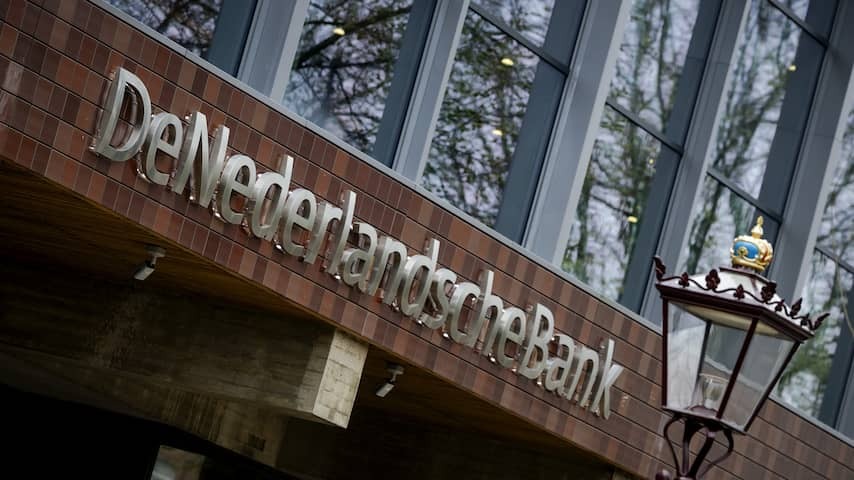
Uncertainty and the impact of the trade war are weighing on economic growth in the Netherlands. On top of that comes a cabinet fall. De Nederlandsche Bank fears that consumers, businesses and the government will spend less due to these uncertain times.
The uncertainty and trade tensions will limit economic growth in the coming two years, writes De Nederlandsche Bank (DNB) in the estimate that the supervisor carries out twice a year. This year, economic growth will amount to 1.1 percent and will remain around 1 percent in the coming two years.
“Uncertainty is trump in the forecasts,” says monetary affairs director Olaf Sleijpen of DNB. That is why, for the first time since the corona pandemic, DNB took into account different scenarios for the estimates.
In the worst-case scenario, growth could fall back to almost 0. In this scenario, the trade war would escalate and countries would introduce higher tariffs. DNB took into account an American tariff of 20 percent for the EU.
The trade war is hindering exports abroad. In addition, companies are spending as little as possible due to the uncertainty. This is offset by the expenditure of individuals and the government. They ensure that the economy continues to grow.
The consumption expenditure of individuals continues to increase, because the average net income continues to increase. Consumers have more money left over if net income rises faster than prices. The supervisor expects this to continue until 2027.
Uncertainty as the biggest risk
Uncertainty is the biggest risk for private consumption. “This can be caused by many things,” Sleijpen explains. He mentions geopolitical developments such as trade tariffs. “They are bad for investments, so bad for growth and ultimately bad for people’s wallets.”
The smaller economic growth is also a risk for the government. Expenditures, such as those on healthcare and social security, continue to rise. But smaller economic growth means less tax revenue. The cabinet then has less money to spend, so it is more vulnerable to unexpected setbacks.
DNB was unable to take into account the impact of the cabinet fall, because the estimate was already made on 14 May. How big will the impact be?
Sleijpen laughs at that question. “Something like this has happened more often. In the five years that I have been doing this, there has been something every year.” In addition to the corona crisis, he mentions the Russian invasion of Ukraine, which caused energy prices to rise sharply.
“We should not exaggerate the impact. The fact that the cabinet has fallen, and that, for example, the proposal to freeze rents has been withdrawn, will certainly have an impact. But I think the uncertainty surrounding geopolitical developments will have a much greater impact.”